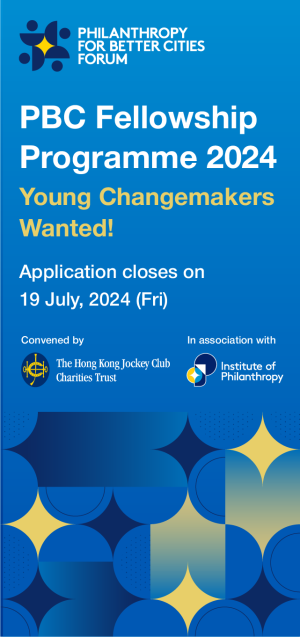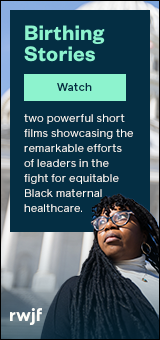How can philanthropy in Europe better navigate through the multiple crises and deal with legitimacy issues, all while delivering its potential to be a catalytic force to change our societies and planet for the better? Today, making use of sound evidence to inform practice is more important than ever. Academic studies can help philanthropy become more self-reflective and could inform strategy and practice for the sector.
Given the relatively small size of the sector compared to its public and commercial counterparts, using and promoting (academic) knowledge for capacity building can be regarded as more important for philanthropy than it for other sectors. However, where other sectors heavily invest in research and development, with schools and faculties dedicated to the development of their profession and can make use of thousands of specialised and trained staff members that have received sector-specific training, the philanthropy sector – especially in Europe – relies on a few regular courses related to philanthropy, often project-based research, and difficulties in accessing sector specific academic knowledge. Feeling lost already?
Fortunately, the growing importance placed on organisational learning centred around thoughtful and methodologically sound utilisation of academic research along with organisational data provides an opportunity for the development of the academic study of philanthropy in Europe. Recent initiatives might then be regarded as a kick-start for moving in the right direction if we look back in a couple of years.
The exchanges at the International Philanthropy Research Conference in Turin that was hosted by Fondazione Compagnia di San Paolo in September last year might then be seen as an important stepping stone for enhancing the philanthropy-academia collaboration in Europe for the years ahead. For example, afterwards, the European Research Network On Philanthropy (ERNOP), the largest community of philanthropy researchers in Europe, collaborated with the four major European umbrella organisations (Philea, EFA, EVPA and CEV) to develop a format that enables practitioners with easy-to-digest, practice-oriented two-page summaries of academic articles. These ‘Research Notes’ are a true example of collaboration between practice and academia, as they are written by people working in philanthropy on the one hand, while the academics remain involved to make sure the ‘Research Notes’ reflect the original findings of the academic publication.
Safe Spaces: Intimate sessions for dialogue between practitioners and academia
Also, ERNOP and Philea recently reaffirmed the interdependency between (institutional) philanthropy and the academic community. Building on the Memorandum of Understanding that was signed in 2019, new initiatives must lead to cross-pollination and new ideas. It is however necessary to bring together these two constituents in facilitated, trusted spaces. As a first step in this process, ERNOP, in collaboration with Philea, has organised ‘Safe Spaces for Philanthropy’ on 28 June in Zagreb, Croatia, prior to its Research Conference ‘Philanthropy and crises. Roles and functioning of philanthropy in times of society upheavals’ on 29-30 June. The Safe Spaces for Philanthropy will have sessions dedicated to fostering dialogue and shared learning between academics and practitioners.
A European Philanthropy Research Fund: Potential developments for the future?
As with other complex situations, there is no silver bullet to resolve all the bottlenecks and challenges for collaboration. Nevertheless, introducing a set of incentives and facilitating the collaborative processes around a shared research agenda and strategic goals can be instrumental for bridging these two worlds. Perhaps we will see the initiatives that are currently being developed will have provided new stepping stones towards a joint research agenda? Will we witness the creation of Philanthropy Research Fund? Such a fund could incentivise academic research on issues that matter to philanthropic organisations, but also raise fundamental issues on defining European philanthropy. It could explore conditions for blue sky research on philanthropy on the one hand, and make philanthropy research more relevant, accessible, and visible to practitioners and the public at large on the other.
What would such a fund look like in practice? How would it deliver results that would best satisfy the needs and expectations of both academic and practitioner communities? ERNOP and Philea are keen to engage with any interested party on the development of this fund and welcome thoughts from interested foundations and academics on whether and how they would like to take part.
Barry Hoolwerf is the Executive Director of ERNOP.






Comments (0)